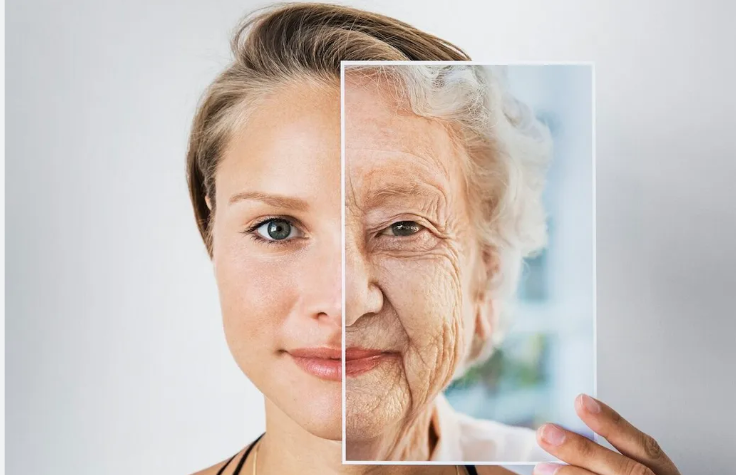
Healthy Ageing Depends on Mental Health — Yes, It Really Matters
Share
You know how everyone seems to talk about exercise, bones, diets, and cholesterol when it comes to ageing well? All of that matters—absolutely—but there’s a part of healthy ageing that gets too little spotlight: mental health. In fact, what’s going on in your mind right now may be influencing how your brain ages down the road.
Recent research suggests that depression in later life isn’t just something that “happens with age.” It might be more than that—it could actually be an early signal of deeper changes in the brain. A 2024 study in JAMA Network Open indicates that new‑onset depression in older adults may share biological roots with Alzheimer’s disease, linked to the same amyloid plaques often found in the brains of people with Alzheimer’s. (Psychology Today)
Let me be clear: this doesn’t mean everyone with depression will get dementia. But what it does mean is that depression deserves our full attention—not as a side effect of ageing, but possibly a red flag. (Psychology Today)

Why Depression Isn’t Just “Getting Old”
Among the many risk factors for cognitive decline (things like hypertension, diabetes, smoking), depression stands out as the most potent modifiable risk factor. In other words: if we can recognize and treat depression early, we might reduce the risk of subsequent brain changes. (Psychology Today)
What’s especially compelling is that depression symptoms may appear before any memory problems are obvious. In the Harvard Aging Brain Study, participants with mild depressive symptoms showed signs of amyloid accumulation in brain areas tied to emotional regulation—even when they had no significant memory issues. That suggests depression could be an early warning sign. (Psychology Today)
Advanced guidelines on dementia prevention emphasize this: depression is not a minor side note. It’s a major, modifiable risk that deserves serious monitoring. (Psychology Today)
What You Can Do: Spot It, Treat It, Prevent It
Because depression in older adults can sometimes be brushed off as “just ageing,” it often goes unnoticed or untreated. Fatigue? “I’m just tired.” Loss of interest? “That’s normal as people get older.” But don’t let that thinking hold you back. Early detection is key. (Psychology Today)
If you or someone you care about is experiencing persistent mood shifts, changes in sleep or appetite, loss of enjoyment, or low energy, it’s worthwhile to talk to a mental health professional—even if you assume “this is just how things are.” A proper evaluation can distinguish depression from normal ageing.
Treatment can be multi-pronged. Psychosocial therapies like cognitive-behavioral therapy (CBT) and behavioral activation (which encourages re-engagement in meaningful activities) have shown promise for older adults. (Psychology Today) In some cases, medications (such as SSRIs) may be appropriate, though their role in dementia-linked depression is still under investigation. (Psychology Today)
But therapy or medication alone won’t carry the whole load. To age well, your mental health plan needs to be holistic, blending mind, body, and social life.
The Lifestyle That Supports Mental Wellbeing (Especially in Later Life)
-
Exercise isn’t just for muscles—moving your body helps mood, cognition, and brain resilience.
-
Social connection is a powerful protective force. Isolation and loneliness worsen mental health, especially as we age.
-
Meaningful activity (hobbies, volunteering, creative pursuits) keeps your sense of purpose alive, which is great for mood and mental agility.
-
Good sleep, healthy diet, stress management — these are the basics that your mind needs too.
If mental health is neglected, it undermines so many of the things we do focus on: fitness, diet, brain training. When your mind is struggling, those efforts don’t land as deeply.

A Gentle Call to Action
If you’re over 50 (or approaching it), consider this: your emotional and psychological wellbeing matter just as much as your cholesterol levels. Depression in mid- or later life should not be dismissed as “just how things go.” See it as a signal that the brain is asking for help.
Talk openly about your mood, seek help early, lean into social and meaningful activity, and don’t forget to nourish your body and mind together. With the right attention, your later years can be not just longer, but richer, clearer, more engaged from the inside out.